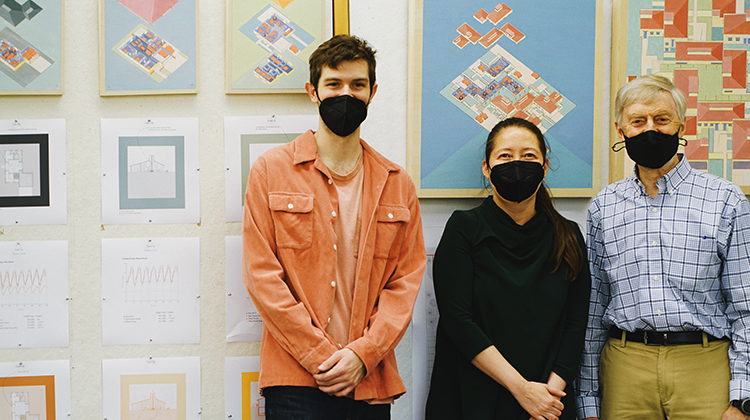Special Subject: Art, Culture, and Technology — Future Heritage Workshop: Toxic Textiles / Fashion Fables
2/8/23 note: Room changed to E15-207
Textile manufacturing is among the most lucrative and largest polluting industries today: more than 80 billion square meters of leftover garments end up in landfills or get destroyed by burning. When the expected demand is not met, supply chains channel stock to the parallel economy of stock destruction ensuring price control. Critiquing this widespread phenomenon of fast fashion, this course takes the notion of “toxic textiles” both as a medium and as a framework to explore the cultural, social, political, economic, and environmental footprint of clothing through the textile medium as a artistic and critical response to the world’s pressing concerns. The course introduces hands-on experimentation with textile art and fashion design informed by case studies in contemporary art, decolonizing fashion, performative and wearable technologies, experimental preservation, and fabric upcycling.
Research assignments and material experimentation in the first part of the semester build on Donna Haraway’s method of “Implosion” geared toward concept development and skill building. The course will introduce working with a variety of materials and techniques, with an emphasis on reverse applique technique and fabric manipulation. Lectures, readings, screenings, and crits supplement studio practice. At the end of the semester, students will be expected to exhibit one studio-based final project informed by thematic readings and class discussions.
Students from all disciplines are encouraged and welcome to enroll. The enrollment is limited to 20 students. Sewing skills are beneficial but not pre-required for the class; sewing tutorials, machines, and basic sewing equipment and textiles will be provided.
4.s32 Syllabus (MIT Certificate protected)



